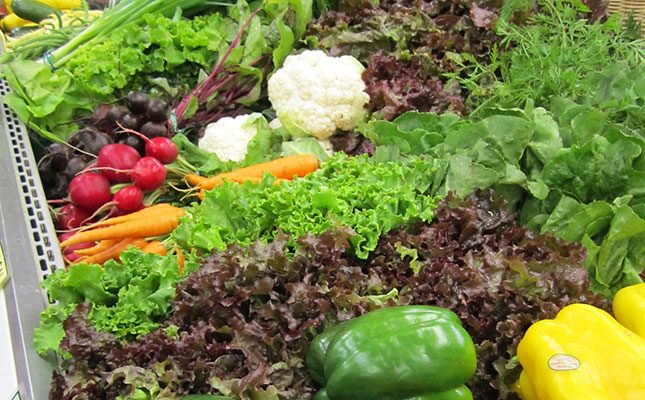
Photo: Pixabay
Until the UK’s growing season starts in a few weeks, or retail supermarket chains find alternative sources of supply, the shortages were expected to continue, the British Retail Consortium (BRC) told BBC News.
The organisation’s director of food and sustainability, Andrew Opie, explained, however, that supermarkets were “adept at managing supply chain issues and were working with farmers to ensure the continued supply of fresh produce”.
Two of the supermarket groups that were restricting the purchases of some fruit and vegetables were Asda and Morrisons.
At Asda, customers were being limited to three items per purchase for tomatoes, peppers and lettuce, and Morrisons said it was limiting customers to two items for products such as cucumbers.
During the Northern Hemisphere winter months, about 95% of the UK’s tomato consumption and 90% of lettuces, were imported mostly from Spain and North Africa, according to the BRC.
Farmers in southern Spain had been affected by unusually cold weather this season, while crop yields in Morocco suffered flood damage, and many ferries had been delayed or cancelled due to storms, BBC News said.
At the same time, famers in the UK and the Netherlands had been forced to reduce the use of greenhouses to grow winter crops as they faced high electricity costs.
According to Paul Smith, a spokesperson for the wholesaler, Oliver Kay, the reduced plantings this year had resulted in lower levels of surplus produce being available to offset reduced yields elsewhere.
“Growers across the UK and Europe have been battling with severe weather conditions for a number of months now,” he said.
Among the volatile weather events was a series of heatwaves during June 2022, which resulted in the fourth warmest summer in the UK on record, with temperatures rising above 40˚C.
“This was followed by sharp, prolonged freezes in December last year”, according to the BBC News report.
Tim O’Malley, managing director of Nationwide Produce, one of the UK’s largest fresh produce companies, said crops of carrots, parsnips, cabbage and cauliflower in the UK had been affected by the poor weather.
“We are about to see serious shortages and price hikes on these lines in the coming weeks and months,” he said.
The president of the UK’s National Farmers’ Union, Minette Batters, called on the government to provide for more support for growers, describing it as “ridiculous” that the horticulture sector was not included in the support scheme for energy-intensive industries.
Although the UK was bearing the brunt of the fresh produce shortages, similar problems had also been reported in Ireland.
BBC News reported that Tesco Ireland confirmed that its stock levels had been temporarily affected, while the locally-owned chain SuperValu had also reported problems.













